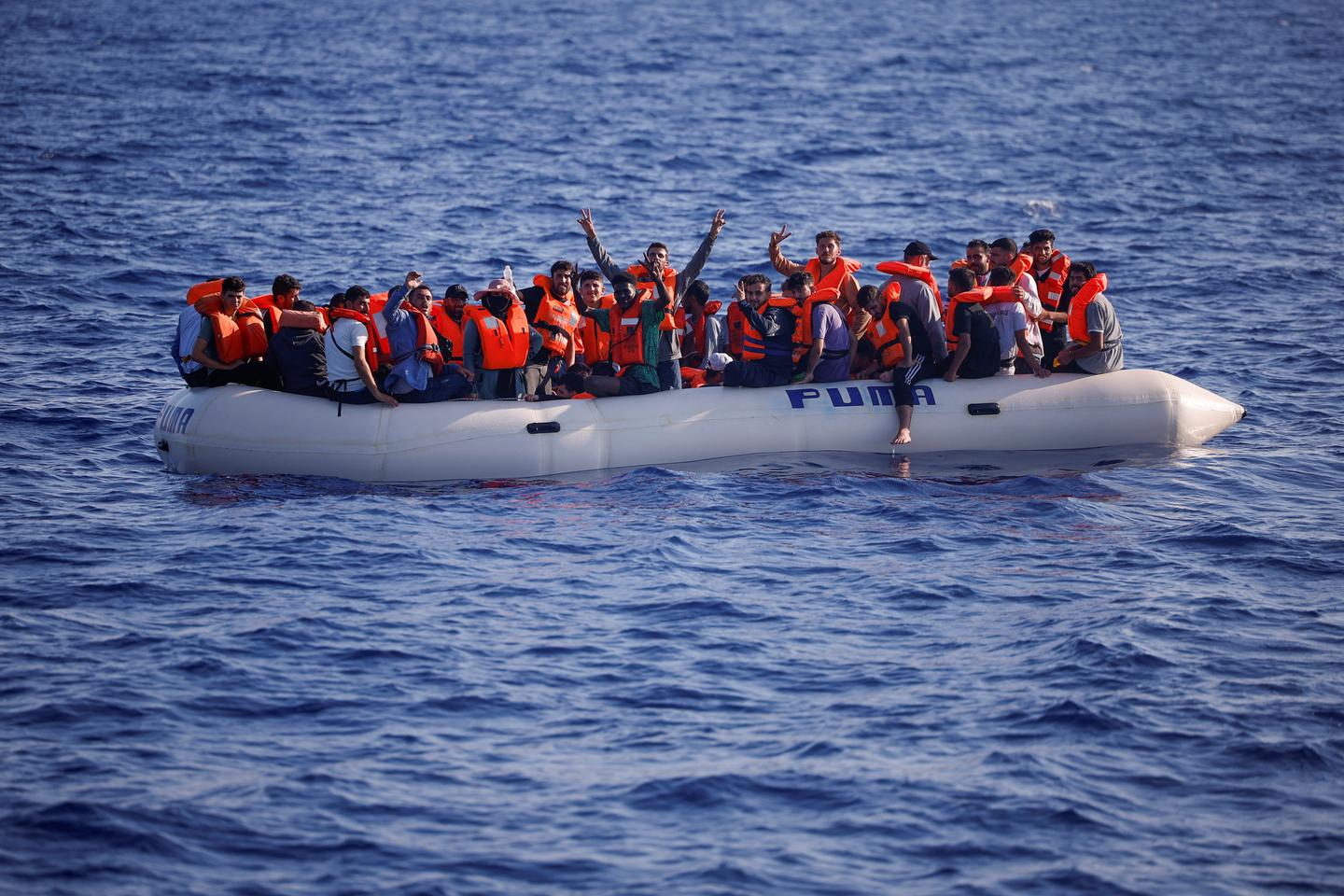


New French Prime Minister Michel Barnier wasn't entirely wrong when he said on September 6, that borders were "sieves." For many, indeed, they are. This is first and foremost true for the French themselves as they hold one of the most powerful passports in the world, alongside the Germans, Italians, and Spaniards. They can travel to over 190 states without first needing to obtain a visa.
The border is also a "sieve" for diplomats and high-ranking government officials who, like PM Barnier for example, hold special passports that give them easier access to foreign territories. But that's just about where this list ends. For everyone else, the border can only be crossed at varying costs, sometimes even the cost of a life.
The price primarily consists of a visa, which is mandatory, with a few exceptions, for entry into French territory. Obtaining a visa issue involves a long and costly procedures, with uncertain results.
In 2023, interior ministry figures show that 500,000 people were refused visas, which is similar to that of 2022. While it's true that nearly 2.5 million visas were nevertheless granted in 2023, most were for short stays, such as tourist visits of less than three months. Only 12% of the visas granted related to long stays.
A new body of legislation
Does this mean that a visa is not essential, and that entering France is easy without one? Not at all. Besides the fact that this prohibits all arrivals by air, it should be noted that for many years now, the European Union has been setting up partnerships with third countries (Morocco or Turkey, to name but two examples) designed to limit irregular arrivals on the territory of its member states, and that in May it adopted a new legislative package to further strengthen these controls.
France itself re-established controls at its internal borders nearly 10 years ago, and can, under the Dublin Regulation, transfer asylum seekers who attempt to seek protection there to the member state through which they entered. For those attempting to migrate in spite of everything, the price will be that of circumventing these procedures: at least €5,000 for migrant traffickers and often three or four times more.
It was apparently without cynicism that the new prime minister chose to describe borders as "sieves" just two days after 12 people perished in the English Channel, victims of these complexities. Those stranded in Calais and trying to reach the UK are in the same situation as those in Morocco, Turkey or Libya who are trying to reach Italy, Greece or Spain. Unlike the French, Italians or Spaniards – and their prime ministers – the border for these people is not a sieve but, all too often, a death trap.
